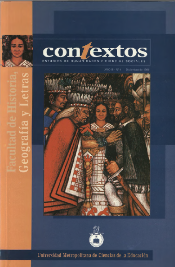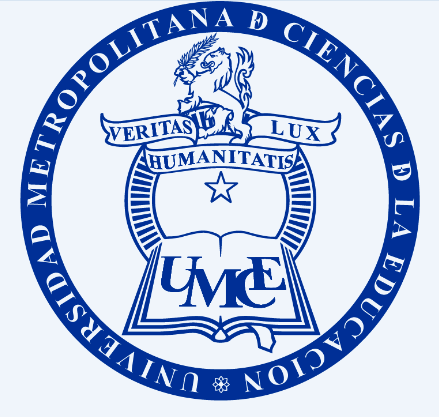Main Article Content
May 8, 2017
Abstract
Frente al fenómeno contemporáneo de la llamada “Globalización ” -ante todo, un fenómeno cultural a juicio del autor-, se impone una reflexión histórica. La reflexión debe comenzar por precisar el fenómeno señalado, para determinar sus exactos perfiles; luego, buscar los paralelos históricos que contribuyan a iluminar el presente. Una pregunta fundamental es acerca del problema de la difusión o extensión de las culturas, pertinente también para el caso de las culturas coloniales: ¿una cultura globalizada es aún una cultura viviente? Sin embargo, ¿no es éste el destino de las épocas que se ofrecen a la mirada histórica como épocas tardías? Entre los paralelos históricos posibles, tal vez el más sugerente es el de la civilización helenística (Hellenismus) en la Antigüedad, a su modo ya una civilización mundial y “globalizada ”. En este contexto, Roma y Alejandría aparecen como dos modelos opuestos. O para plantearlo en otros términos, se trata de la oposición entre la Razón Universal y la singularidad histórica.
Downloads
Policies for open access journals
Authors who publish here accept the following terms: Authors will keep their copyright and will guarantee the journal the right to the first publication of their work, which will be subject to the Licence of Creative Commons acknowledgement, which allows for the use of this material only if the authorship is credited and the original source is acknowledged (the journal’s URL), and if it is not used with commercial ends and with any derivations of the original work.
Authors may adopt other non-exclusive license agreements of distribution of the published version (e.g. to save it onto a digital institutional archive or publish it in a monographic volume) only if the initial publication of this journal is indicated.
It is permitted and recommended for authors to divulge their work on the Internet (e.g. institutional digital archives or webpage) before and during the submission process, which may lead to interesting exchanges and increase the citations of the publication. (See Open Access Effect).






